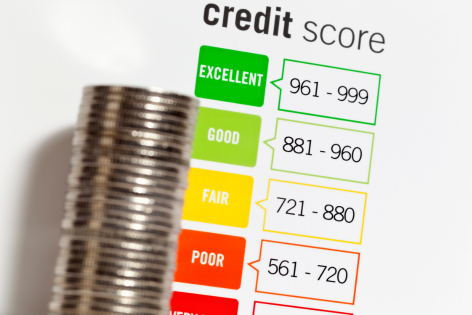
Debt consolidation is a process where you combine multiple debts into a single, larger loan or credit line. This can be a helpful strategy for people looking to simplify their finances and reduce their monthly payments, but it’s not without its drawbacks. In this blog post, we’ll explore the pros and cons of debt consolidation as a strategy for credit repair.
Pros:
1. Simplified Payments
One of the biggest benefits of debt consolidation is that it can simplify your finances by combining multiple debts into a single payment. This means you only have to worry about making one payment each month instead of juggling multiple payments with different interest rates and due dates.
2. Lower Interest Rates
Debt consolidation can also help you secure a lower interest rate on your debt, which can save you money over time. If you’re able to qualify for a lower interest rate than you currently have, you could save thousands of dollars in interest charges over the life of your loan.
3. Potential Credit Score Boost
Debt consolidation can also have a positive impact on your credit score. If you have high credit card balances, consolidating them into a single loan can help improve your credit utilization ratio, which is a key factor in your credit score.

Cons:
1. Additional Fees
Depending on the type of debt consolidation you choose, you may have to pay additional fees or charges. For example, if you choose to work with a debt consolidation company, they may charge a fee for their services. Make sure you understand all the fees and charges associated with debt consolidation before you commit to it.
2. Extended Repayment Period
While debt consolidation can help lower your monthly payments, it can also extend your repayment period. This means you may end up paying more interest over time, even if your interest rate is lower.
3. Risk of Further Debt
Debt consolidation can be a helpful tool for managing debt, but it’s not a solution in and of itself. If you don’t address the underlying issues that led to your debt in the first place, you may end up with even more debt in the future.
In conclusion, debt consolidation can be a useful strategy for credit repair if it’s done thoughtfully and with a clear understanding of the potential benefits and drawbacks. Before pursuing debt consolidation, make sure you do your research and consult with a financial professional to determine if it’s the right strategy for your specific situation.

Helpful Resources for Debt Consolidation and Credit Repair:
For more information on credit repair and how to improve your credit score, visit Credit Repair Champ.


